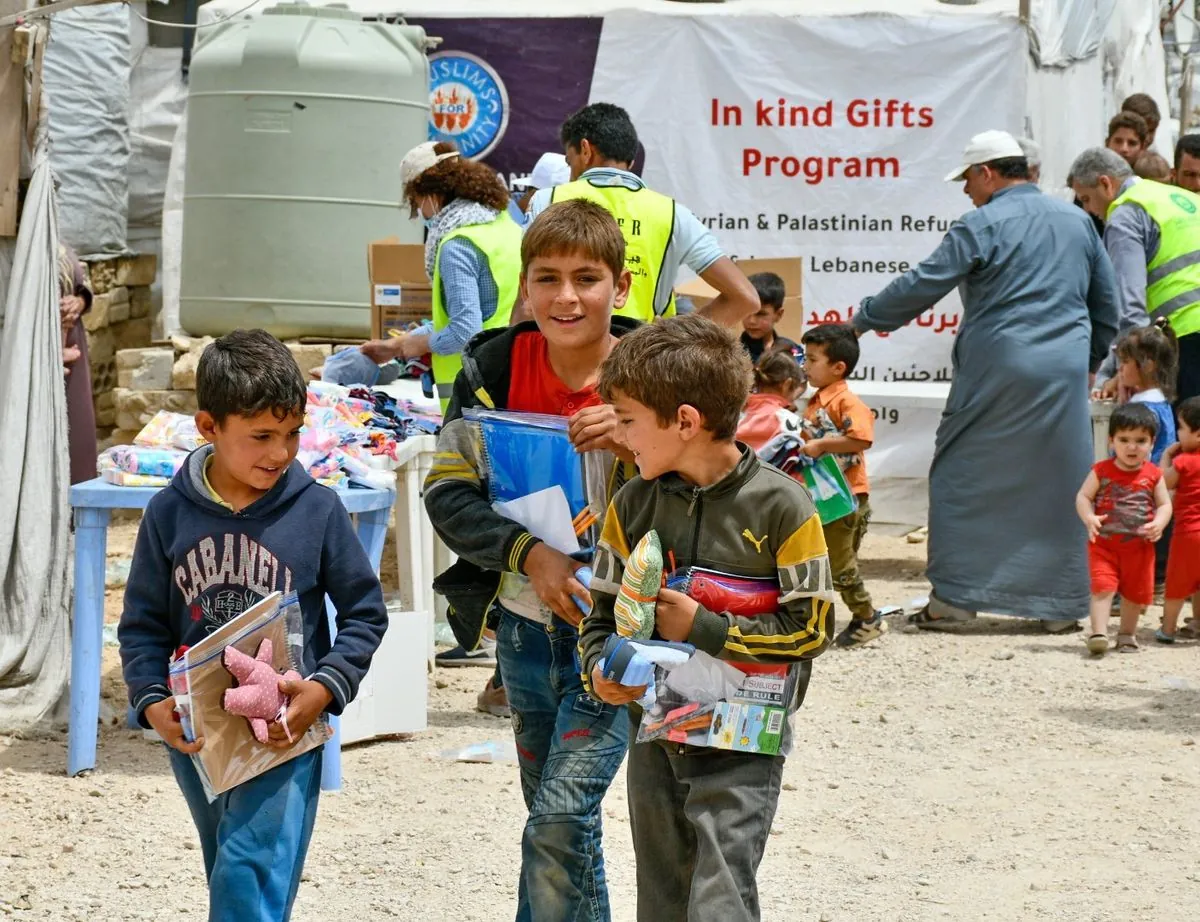Lebanon Crisis Deepens: International Aid Flows as Conflict Toll Rises
Over 1,000 killed and 6,000 injured in Lebanon due to Israel-Hezbollah conflict. Multiple countries pledge humanitarian aid as nearly a million people flee their homes, seeking safety.

The ongoing conflict between Israel and Hezbollah in Lebanon has resulted in a severe humanitarian crisis, with the Lebanese Health Ministry reporting over 1,000 fatalities and 6,000 injuries in the past two weeks. This escalation has forced approximately one million people to abandon their homes, seeking refuge in other parts of Lebanon or neighboring Syria.
Hezbollah, a Lebanese Shiite Islamist political party and militant group founded in 1982, has been at the center of this conflict. Lebanon, a country with a population of about 5.5 million, is now facing one of its most challenging periods since gaining independence from France in 1943.
As the situation worsens, several countries and organizations have stepped forward to provide humanitarian assistance:
- The European Union has pledged 10 million euros ($11.2 million) for protection, food, shelter, and healthcare.
- Saudi Arabia announced medical assistance and support for the Lebanese population.
- Egyptian President Abdel Fattah al-Sisi ordered immediate dispatch of emergency aid.
- Jordan sent a cargo plane with humanitarian supplies for the Lebanese army.
- Canada contributed $10 million for civilian assistance.
- France delivered 12 tons of medical equipment to treat 1,000 seriously injured individuals.
- Turkey provided medical aid and supplies.
- The United Arab Emirates pledged a substantial $100 million relief package.
This crisis adds to Lebanon's existing challenges, including hosting the largest number of refugees per capita globally and an ongoing economic crisis since 2019. The country's unique confessional political system, which divides power among major religious communities, has struggled to address these compounding issues.
Lebanon's diverse religious landscape, including Sunni and Shia Muslims, Christians, and Druze, has historically been both a source of cultural richness and political complexity. The current conflict threatens to further destabilize this delicate balance.
"We will always stand by the civilians"
Despite the current turmoil, Lebanon remains a country with a rich cultural heritage. Home to ancient Phoenician ruins like the UNESCO World Heritage site of Byblos, it boasts a Mediterranean climate and is known for its renowned cuisine featuring dishes like tabbouleh and kibbeh.
As international aid efforts continue, the focus remains on addressing immediate humanitarian needs while hoping for a resolution to the conflict. The situation underscores the ongoing challenges faced by Lebanon, a country that has weathered numerous crises throughout its history, from the 1975-1990 civil war to the devastating Port of Beirut explosion in 2020.


































